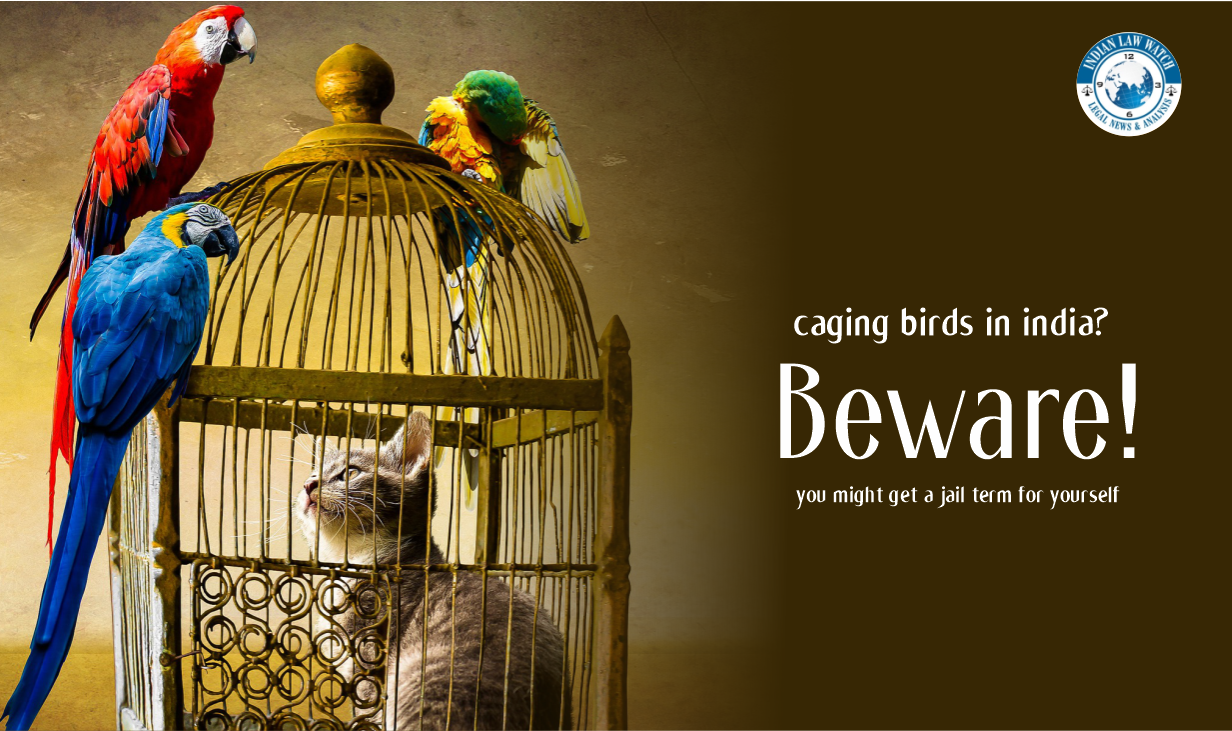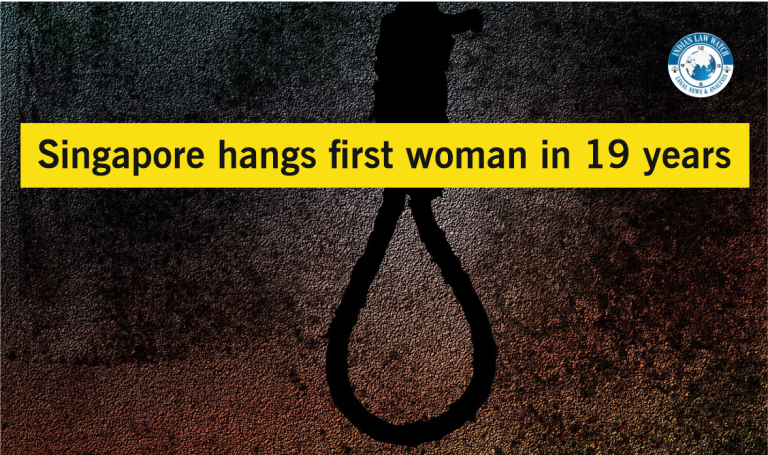
As noted by the People for the Ethical Treatment of Animals (PETA), birds are sometimes forced by people to endure painful wing-clipping so that they cannot fly away. Flying is as natural and important to birds as walking is to us. India is home to around 12.6% of the world’s birds and for ages, we have seen the exploitation of birds for their feather, eggs and even their nests.

Birds are unique creatures known for their ability to fly and are also an important part of the ecosystem. When captured and put into cages, these same unique and fun-loving creatures become depressed and withdrawn. As noted by the People for the Ethical Treatment of Animals (PETA), birds are sometimes forced by people to endure painful wing-clipping so that they cannot fly away. Flying is as natural and important to birds as walking is to us. India is home to around 12.6% of the world’s birds and for ages, we have seen the exploitation of birds for their feather, eggs and even their nests. Keeping this in mind, birds are included in the Wild Life (Protection) Act, 1972 (‘WPA’).

The word ‘wild bird’ means a bird that has come under the purview of the WPA. Schedule I to V of the WPA cover various species of birds, making it illegal to catch, keep, kill, buy or sell these birds or even damage their nests. The punishment is a fine and up to five years in jail. The act applies all over the country and covers all indigenous bird species with only two exceptions, lovebirds and blue rock pigeons.
It is, however, legal to keep exotic bird species. Though it is only allowed if the seller/owner establishes that the particular bird has come from outside the country. To prove the same, the seller must have an import licence and permission from the CITES Bureau. CITES or the United Nations Convention on International Trade in Endangered Species of Wild Fauna and Flora came into effect to protect rare and endangered species of wild fauna and flora against over-exploitation. The convention ensures that international trade does not pose a threat to the survival of species in the wild by providing strict regulation over the export of those species threatened by trade.
Further, even the keeping of a permissible bird must be in conformity with the provisions of Section 11 of the Prevention of Cruelty to Animals Act, 1960. The act stipulates that any person who keeps and confines any animal in any cage without sufficient space to permit the bird a reasonable opportunity of movement or does not provide the bird with sufficient food, drink and shelter shall be guilty of treating that bird cruelly. The failure to comply with these provisions of Section 11 of PCA is a punishable offence and the offender would be liable to be arrested and punished accordingly.
Further, Section 57 of the WPA raises a legal presumption that if a person is in possession, custody or control of any captive animal (including wild birds), it shall be presumed that such a person is in unlawful possession of such a captive animal. Hence, a person selling a wild bird in the local market is guilty of the offence of ‘hunting’ and is liable to be punished with imprisonment for a term, which may extend to three years as stipulated under Section 51 of the WPA.
Delhi High Court in its order in 2015, in the case of People for Animals v. Md Mohazzim & Anr. observed the fundamental right of birds to fly. The court noted that running the trade of birds violates the rights of the birds. The court observed that the birds have a fundamental right to fly and cannot be caged, therefore will have to be set free in the sky.
More recently, in a move to free birds, PETA tipped off Delhi police leading to the rescue of thousands of Indian birds from illegal traders in Chandni Chowk, Delhi. Following this, PETA has teamed up with the Wildlife Crime Control Bureau (WCCB) to erect billboards in the Chandni Chowk area of Old Delhi warning against buying and selling protected birds as it can result in a fine and even jail term.






